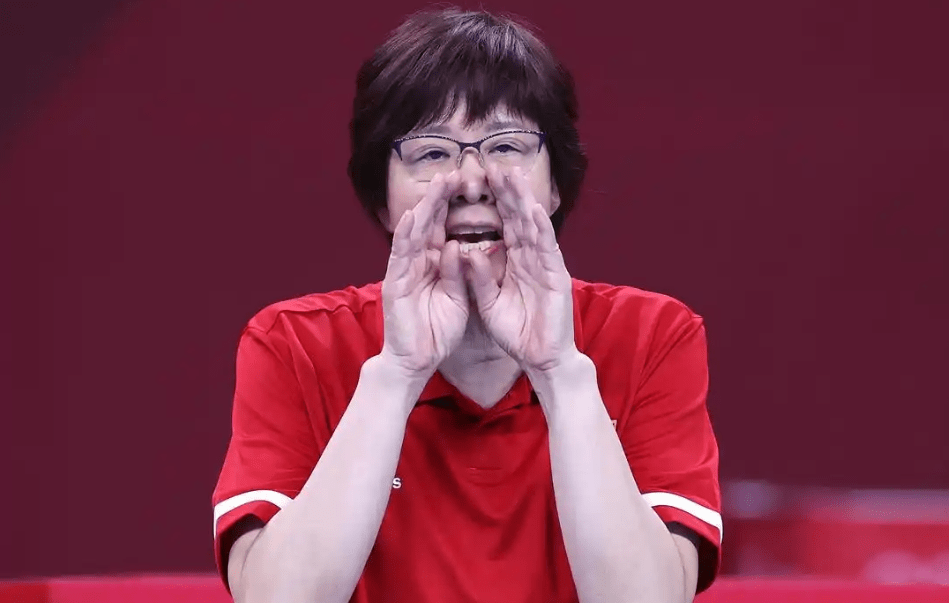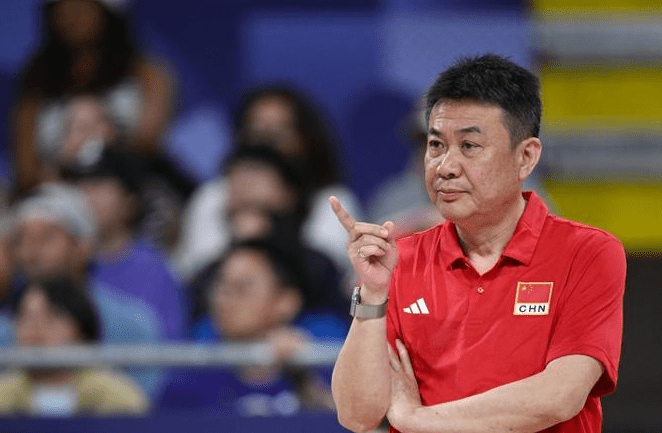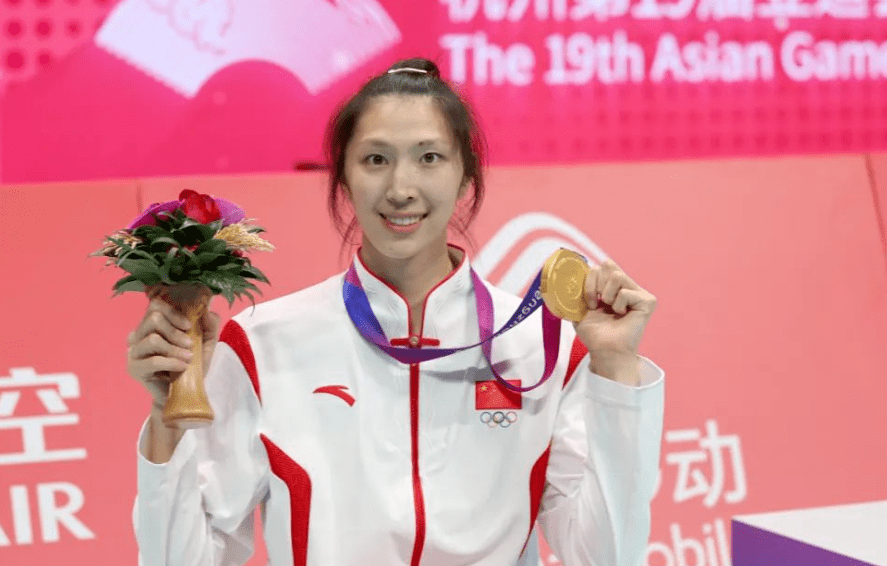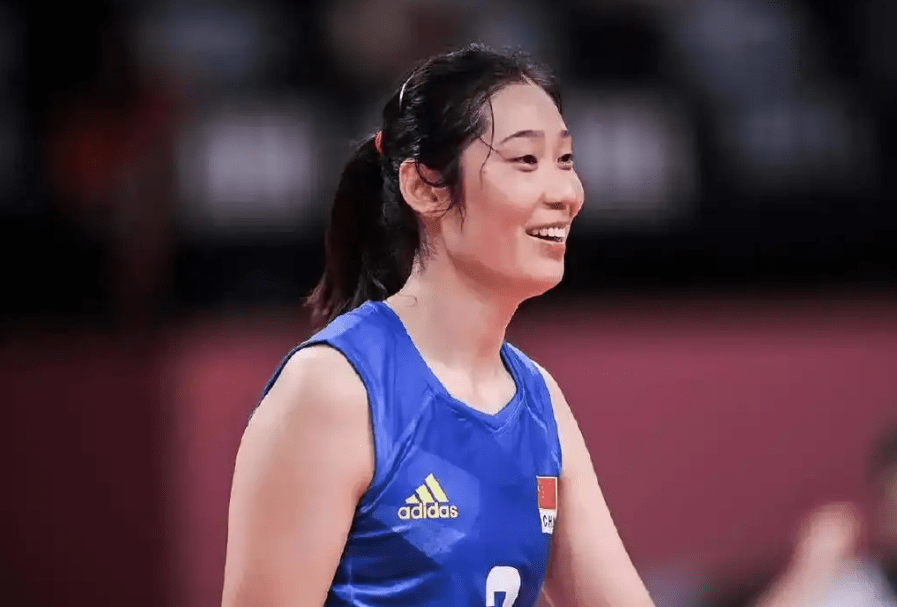If the gold medal at the Rio Olympics was once the "spotlight" of the Chinese women's volleyball team, then today, this light seems to have dimmed. A team that once drew countless cheers and tears, why can it only hover in the middle of the rankings now? Falling from the peak to the trough, is it due to the players' lack of strength, or has the management buried this legendary team? With such doubts, we must talk about a key figure - the former director of the Volleyball Management Center, Li Quanqiang. His arrest not only uncovered the truth behind the decline of the women's volleyball team, but also made people begin to reflect: what happened to the Chinese women's volleyball team, which is the spiritual support of the people?

Don't rush to be disappointed, let's look back at the glorious moments that once shed tears on the court. In the 2016 Rio Olympics, the Chinese women's volleyball team won the highest gold medal under the leadership of Lang Ping. Do you still remember the scene of the fierce battle with the Brazilian team? The Chinese team staged an incredible comeback in the Brazilian home court. Girls like Zhu Ting, Hui Ruoqi, Zhang Changning, who were in their prime, fought with momentum and confidence, making countless hearts tightly gripped. This was an era belonging to "Iron Hammer" Lang Ping, an era belonging to the "Seven Fairies."

But no one can stand at the peak forever. Everything started to go downhill after Lang Ping stepped down. After this iron coach stepped down due to health reasons, the Chinese women's volleyball team gradually lost its direction. Her tactical concepts, on-site command capabilities, and even her grasp of team psychology are irreplaceable by successors. Unfortunately, it seems that the management did not consider this point.

After Lang Ping stepped down, who would take over? This was the question hanging over the Chinese women's volleyball team at the time. And the answer to this question was determined by Li Quanqiang, then director of the Volleyball Management Center. Yes, he chose Cai Bin. However, this choice has been controversial from the beginning.

Cai Bin's coaching history itself is not popular, especially his performance during his previous tenure as head coach of the national team could be described as mediocre. Despite Li Quanqiang's strong support for his appointment, the facts have proven that this gamble did not bring miracles to the team. Especially the use of the "Seven Fairies" lineup can be described as "exhausting the dividends." Veterans were squeezed to the point of almost exhaustion, while the new generation of players failed to step up in time, ultimately resulting in a fifth-place finish at the Paris Olympics—a result that is unacceptable no matter how you look at it.

What is even more regrettable is Zhu Ting's injury problem. As one of the top players in the Chinese women's volleyball team, Zhu Ting has always been the core of the team. However, due to the early conservative treatment choice, her injury problem was delayed until it became uncontrollable. What kind of management failure is this? This miscalculation is not just Cai Bin's fault, but rather a reflection of the short-sighted thinking of the Li Quanqiang management. Players are undervalued, deep-seated problems are ignored, leaving behind irreparable regrets.

Relying on veterans is not the solution. The "Seven Fairies" lineup at its peak—Zhu Ting, Zhang Changning, Gong Xiangyu, etc.—was the cornerstone of the Chinese women's volleyball team's ability to compete against world-class levels, and the people are grateful for their contributions and achievements. But everyone will grow old, and a team must always maintain vitality to steadily move forward. However, looking at today's Chinese women's volleyball team, where is the backup force?

We once had high hopes for post-00s players like Wu Mengjie, but their growth seems to be a step slower than newcomers from other countries. Looking at the European and American powerhouses and Asian opponents Japan and South Korea, their "new and old alternation" has already become natural. A long-term accumulated talent gap has once again exposed the loopholes in the women's volleyball management system: lack of long-term player training planning.

Objectively speaking, behind the trough of the women's volleyball team, there are not only issues with coaching choices and player rotation, but also a hidden overall crisis in China's sports management system. From football to table tennis, from short track speed skating to volleyball, the chaos and frequent corruption within the upper echelons have forced the entire sports system to face profound reflection.

Li Quanqiang's downfall may just be the starting point to uncover this layer. After he officially took office as the director of the Volleyball Management Center, the development process of the women's volleyball team was filled with signs of "seemingly hopeful, but actually doing nothing." Some key issues, such as how to deal with psychological construction under the pressure of major competitions and how to scientifically manage athletes, have not received effective responses. According to media reports, similar problems are also widespread in other projects in China. Obviously, this is no longer an individual issue for a leader, but a collective issue for the entire system.
The answer is of course worth it. We cannot ignore the power contained in the women's volleyball team as a spiritual symbol. It tells us the meaning of "never giving up," carrying the pride and hope of several generations of Chinese people. The trough is not terrible as long as we can find a way up.
The key to the future lies in change: not only the reorganization of management, but more importantly, the transparency and specialization of the system. For example, could Zhu Ting's injury have been exposed earlier? Can we listen to more professional advice when selecting coaches, and combine it with long-term planning? If these issues can be rectified one by one, the rejuvenation of the Chinese women's volleyball team is something we can fully expect.
We don't need to say "we can wait another four years" anymore, because no one wants to see the continuation of regrets time and time again. But if today's reforms can see results, perhaps the peak is not far away in the future.
Every time we stand at the trough, our choices are either to climb up or continue to sink. This time, I hope the women's volleyball team chooses the former.